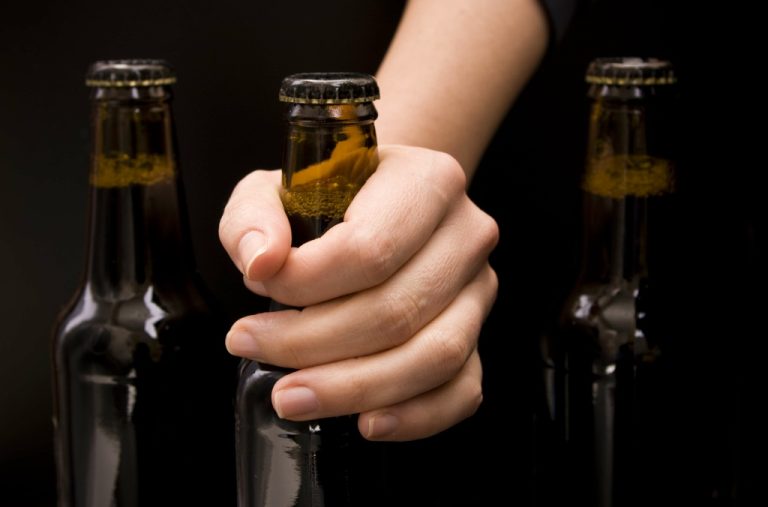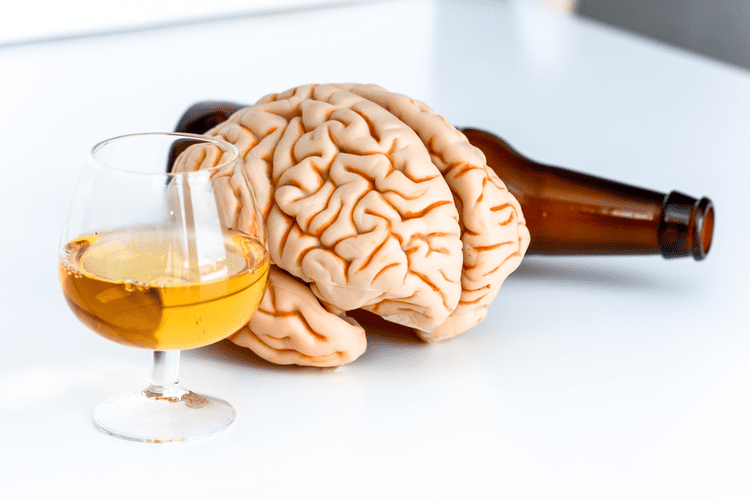Alcohol: Short-term and long-term effects
The signs and symptoms of alcohol poisoning depend upon your BAC. As your BAC level increases, so does the severity of your symptoms. Below, the three stages are broken down into an alcohol withdrawal timeline. In a clinical sense, a natural “high tolerance” does not exist.
- Our experts continually monitor the health and wellness space, and we update our articles when new information becomes available.
- If you don’t already have a supportive network, you can make new connections by joining social media communities dedicated to alcohol-free living.
- Individuals who have higher tolerances to alcohol, such as people with alcohol addiction, may eliminate alcohol more quickly.
- These include fluctuations in temperature, exposure to light, and oxidation (1, 2).
- The only way to get sober or clear alcohol from your system is to give your liver time to break down the alcohol.
Pumping breast milk will not eliminate alcohol from the milk any quicker. It is important to know that someone who drinks a lot or on an empty stomach may still have alcohol in their system the next day, making it illegal to drive a vehicle even then. The concentration of alcohol in the blood, or BAC, helps to determine how long alcohol stays in the system.
Alcoholics Resource Center
Like many other drugs, alcohol can be detected with a hair follicle drug test for up to 90 days. Alcohol can be detected in your breath via a breathalyzer test for up to 24 hours. There are so many variables at play when it comes to BAC that you can’t predict or control how long you’ll feel drunk or actually be above the legal limit. Your best bet is to how to wean off alcohol and safely taper drinking ride out your buzz while your body does its thing. Heavy drinkers can function with higher amounts of alcohol in their bodies than those who don’t drink as often, but this doesn’t mean they’re not drunk. Female bodies also tend to contain less water to dilute alcohol and produce less of the enzyme dehydrogenase, which helps the liver break down alcohol.
When someone is drinking alcohol particularly quickly, the liver cannot process all the alcohol at the same rate, so it remains in the body. You’re legally drunk once your BAC hits .08 percent or higher — the point at which it’s considered unsafe to drive. And the only way to know your BAC for sure is with a breath, blood, or urine test. After you’ve drained your glass, your body immediately works to get rid of it. Chances are you’ll still be feeling it for about an hour, maybe even 2 hours depending on how your body metabolizes alcohol. These include fluctuations in temperature, exposure to light, and oxidation (1, 2).
Factors That Affect Detection Time
Moderate or binge drinkers can likely quit alcohol on their own. However, medical complications can occur during the acute phase of withdrawal. Remember you are facing a difficult challenge during alcohol withdrawal, but you are not alone. There are many resources available to help, including peer support groups, counseling, therapy, and inpatient rehabilitation. For those with alcohol use disorder, withdrawal is just the first (but very important) step on a long journey to recovery.
As alcohol leaves the blood, it also leaves the milk, making it unnecessary to “pump and dump” breast milk after drinking alcohol. Frequently checked as part of routine breathalyzer testing, alcohol can be detected in the breath for up to 24 hours after the last drink. Because alcohol is absorbed into the digestive tract, the presence of food in the stomach has a significant effect on the absorption rate of alcohol.
Diagnosis and Tests
If you are thinking about quitting drinking, talk to your healthcare provider. Medical supervision, behavioral health treatment, and mutual-aid groups can help you through alcohol withdrawal and stay stopped. A rare but very serious syndrome called delirium tremens can occur during alcohol withdrawal. Also known as DTs, an estimated 2% of people with alcohol use disorder and less than 1% of the general population experience them.
Fast facts on how long alcohol stays in your system:
With alcohol out of the equation, though, these chemicals cause withdrawal symptoms. Your body has acclimated to quitting drinking over the past couple of years. To avoid a relapse at this stage, your mental health is vital. For example, senior citizens are particularly vulnerable to alcohol because of age-related changes to their bodies.
If the person stops drinking, they will experience withdrawal symptoms. As the body adapts to the presence of the drug, dependency and addiction can result. If consumption stops suddenly, the person may experience withdrawal symptoms. Roughly 20% of the ethanol in liquor is absorbed into the blood from the stomach medications for alcohol use disorder and the rest from the small intestine. The longer alcohol stays in the stomach, the longer it takes to be absorbed and the slower the rate of intoxication. Eating before drinking, and continuing to snack while you consume alcohol, will slow the absorption and reduce its impact, but prolong the detection period.



